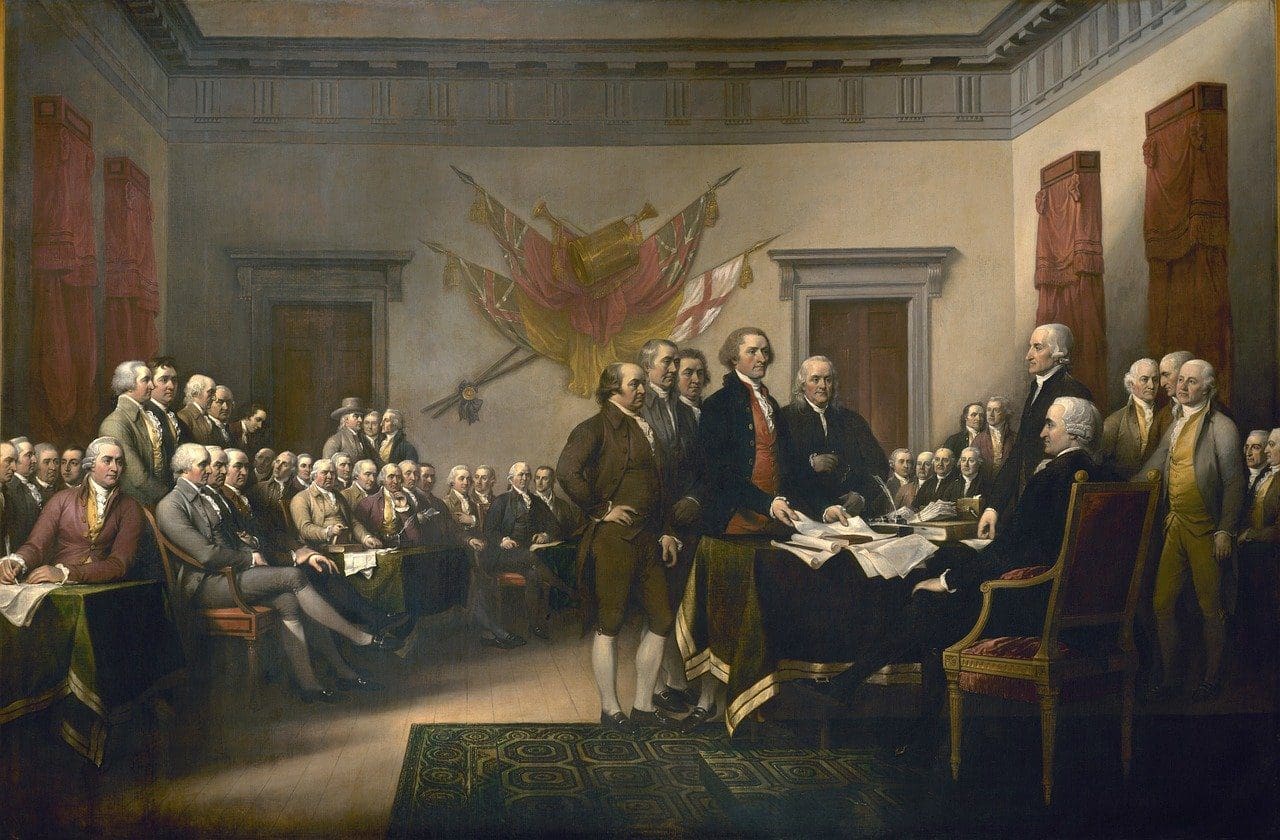Professional Janitorial Service’s trial against the SEIU provides the opportunity to see union tactics, how they’re deployed, and the damage they can do to a business that doesn’t give in to their demands on full display.
Ridiculously, the SEIU claims to represent the interests of hardworking, low-income, workers while simultaneously attempting to “kill” businesses that put up resistance towards them. How does destroying their employer protect the best interests of the employees?
One of the tactics many unions use to access potential members is “salting,” and the SEIU is no exception. Salting is the tactic of sending a union-affiliate to a targeted employer to apply for, and then accept a position working for the company. Since unions are often prohibited from contacting employees at work, salts do it for them.
Two of the salts used against PJS were Adriana Menchu and Eleanor Parada; both have been reoccurring figures during the SEIU trial.
The union used Menchu’s name in various campaigns, lawsuits, and fliers. In one flier she was quoted saying, “They don’t give us gloves or masks to clean. I know a woman who brings her own cleaning supplies from home just so she can protect her health.” Which PJS refuted with their longstanding policy prohibiting the use of any outside cleaning agents unless supplied by the company.
SEIU fliers claimed that PJS failed to pay Menchu for hours worked, but internal union emails contradicted that statement saying that PJS was trying to “buy” Menchu off by giving her a raise. More evidence that they knew the information they were releasing was false.
One press release read, “Mostly immigrant janitors were instructed to work ‘off-the-clock’ and had pay withheld by the city’s largest locally-based cleaning company, Professional Janitorial Service (PJS), according to a new lawsuit filed today.”
Never revealing that SEIU was the party behind the lawsuit, or that the union planted the “janitors” they were referring to.
Parada was another salt frequently used in lawsuits, and was quoted in an SEIU press release about the unfair labor practice suit they filed saying, “We work hard, but PJS thinks they can treat us however they want…That’s why PJS janitors are taking a stand today – so we can have some basic protections.”
It’s worth noting that until the SEIU came to Houston to unionize janitors PJS had never faced labor violation allegations, had not been investigated by the Department of Labor or National Labor Relations Board, and had not had unfair labor practice lawsuits filed against them. Also, out of the 20 ULPs the union filed against PJS, 19 were dismissed with the last being rectified by simply having the employer post safety signs in the workplace.
Using the salts’ allegations to relentlessly file Unfair Labor Practice lawsuits against businesses provided the union with limitless fodder for local newspapers, fliers, and emails to building managers.
In one email to Sarah Ellison of USAA – a property manager contracted with PJS – the union said:
“We recently learned that you had selected [PJS] as the cleaning contractor for 1001 McKinney…While we have no information by which to evaluate the previous contractor’s performance, we can assure you that switching to PJS will do nothing to improve the quality of service you receive.”
By their own admission they can’t factually compare PJS’ work with the previous contractor, yet they still made allegations attempting to drive away business.
“PJS has resisted any market-wide approach to raise standards in Houston,” the email continued before moving on to discuss the lawsuit filed by the union-backed plants.
The SEIU also resorted to posting blank form letters on their website for janitors to fill out and submit which would then be sent to building managers across the city. After being inundated with emails and faxes, managers would contact the union to stop, but the only way they could get them to stop was to break contract with PJS.
The SEIU was relentless in their attacks and it’s safe to assume they understood that costing PJS clients meant costing jobs for those they sought to represent. Their only concern was to grow their power and influence, not to increase the work standards of janitors in Houston.




